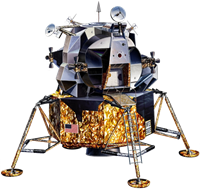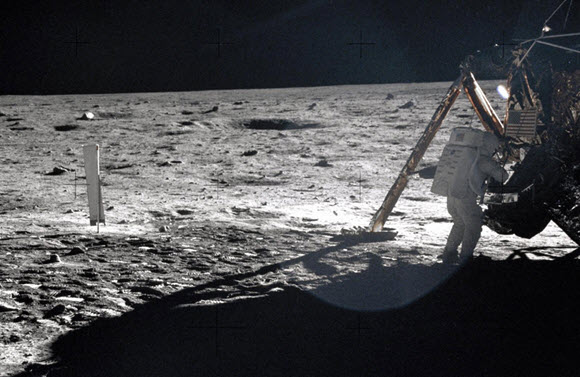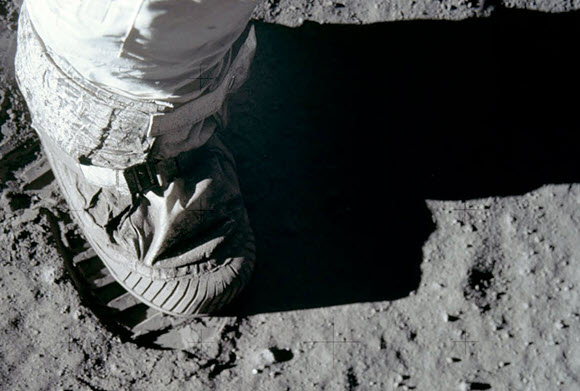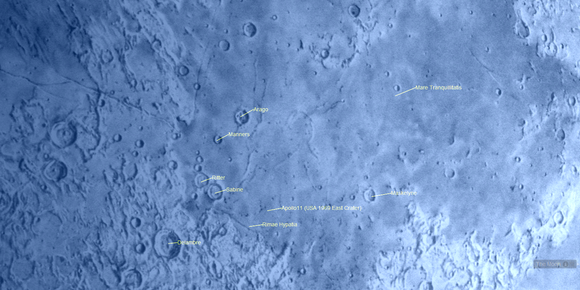 July sees the 50th anniversary of the first moon landing, quite an alarming fact for many over a certain age, whilst for many more it is just a milestone event in the annals of the history books, which barely relates today.
July sees the 50th anniversary of the first moon landing, quite an alarming fact for many over a certain age, whilst for many more it is just a milestone event in the annals of the history books, which barely relates today.
For those who can remember, we watched in awe when Apollo 11 blasted off from Cape Canaveral on July 16th 1969. Four days later the world held its collective breath as the lunar lander 'Eagle' touched down on the Sea of Tranquillity with just a few seconds of fuel left to burn.
It was the culmination of millions of hours of experiments, development and testing, the origin of which could be traced back even before the menace of the V2. Indeed, without the assistance of Werner Von Braun, chief designer of the German WW2 rocket, the US manned space program would hardly have made it off the ground. After President Kennedy tasked NASA, ‘within the decade’, to land a man on the Moon and safely return them, it was Braun’s design of the mighty 110 metres tall Saturn V rocket, which would allow man to break free the shackles of Earth’s gravity and propel them to the Moon and back.

Fifty years on I can still vaguely remember those momentous events in July ‘69. I was six years old and as a special treat allowed to stay up and watch ‘Eagle’ land on the moon’s surface. Much to my annoyance however, the first tentative steps were not taken for another six hours, very early morning UK time, when i was asleep. Oblivious to this on July 21st, Neil Armstrong opened the hatch, descended down the ladder and took that 'one small step, one giant leap for mankind’, ushering in a new dawn of manned space exploration and lunar bases, or so many assumed at the time.

Only 36 humans have ever gazed down at the Moon’s surface from lunar orbit, and a mere dozen mortals having set foot on it. Only now do we fully appreciate just how brave and courageous those men with the ‘right stuff’ were.

As for the Apollo, well after just three years the program was terminated, a casualty of a more austere political and economic climate. Following the drama of Apollo 13, (which i vividly remember) even the public appeared to lose interest and crucially the media. Back in the late 60’s, anything seemed possible, routine space travel, lunar bases, the colonisation of other worlds; it was regarded as been achievable within three decades. Half a century later in a world far more technologically advanced, such grandiose schemes remain unfulfilled dreams.
Let’s face fact’s, manned exploration of space is difficult, dangerous and expensive. Without political desire or global economic co-operation, the human conquest of space will continue to take faltering steps. To put things in perspective, no human has ventured more than 250 miles from Earth since 1972. That’s the distance from Whitby to London!
This rather deflating situation finally looks about to change, and before the end of the next decade i feel confident that humans will not only have returned to the moon on a more permanent footing, but may also have set foot on Mars. It might be NASA, the Chinese, Elon Musk, Jeff Bezos, Richard Branson or even a combination of any of the above. J.F Kennedy once famously proclaimed; ‘We choose to do these things, not because they are easy, but because they are hard'. They were, but we triumphed and have no doubt will do so again in the coming years. Ultimately it is in our own interests to make science fiction, science fact.
- Log in to post comments

